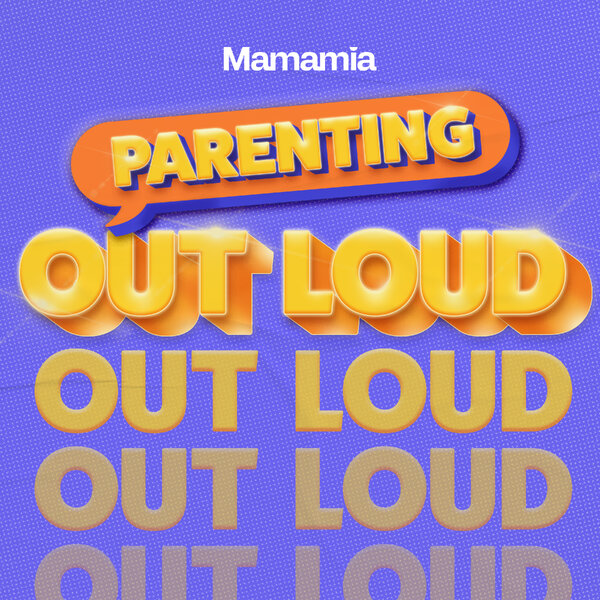
Online there are hundreds upon hundreds of articles telling parents exactly what to do when their child rejects them.
It could begin in the toddler phase when a kid is insistent they don't need to be held because they can walk on their own. Or when they are a teenager and pushing their mother or father away from them. It could also be when a child is now actually a full-grown adult, wanting to live independently and out from under the watchful eyes of their parents.
Rejection, no matter when or where it happens, is hurtful. If you're a parent, it's a feeling you're probably used to.
But rejection isn't necessarily bad - it might even be a sign that you're on the right track as a parent.
Watch: Be a good mum. Post continues below.
Dr Katherine Iscoe, a researcher and keynote speaker, tells Mamamia that rejection is healthy and if you're dealing with it from your children? Then you're on the right track.
"You want your children to be loyal to you, but to what aspect is it; loyalty or blind loyalty? There's a big difference between blind loyalty and then a child having a healthy level of scepticism and this is when you start seeing independence," Dr Iscoe says.
"They might say, 'I hear what you're saying but this is what I think.' That's called confidence, independence and having a mind. Fostering critical thinking is how presidents are developed. This is how people go out and innovate without preparation. They're able to critically think on their own."

